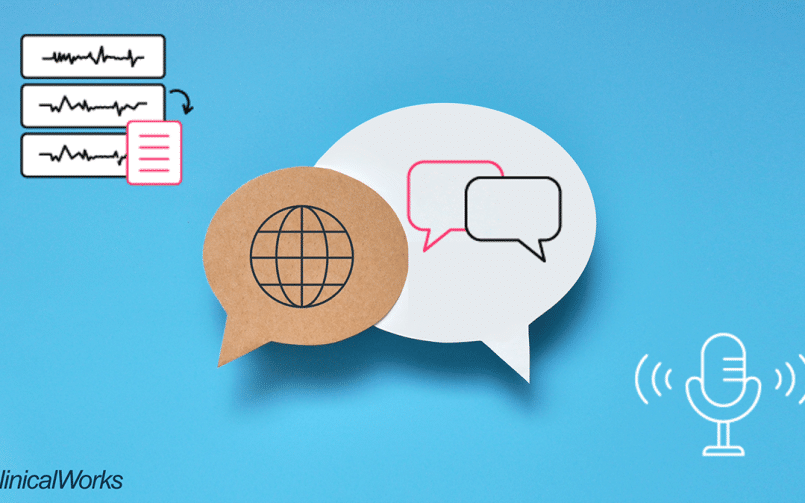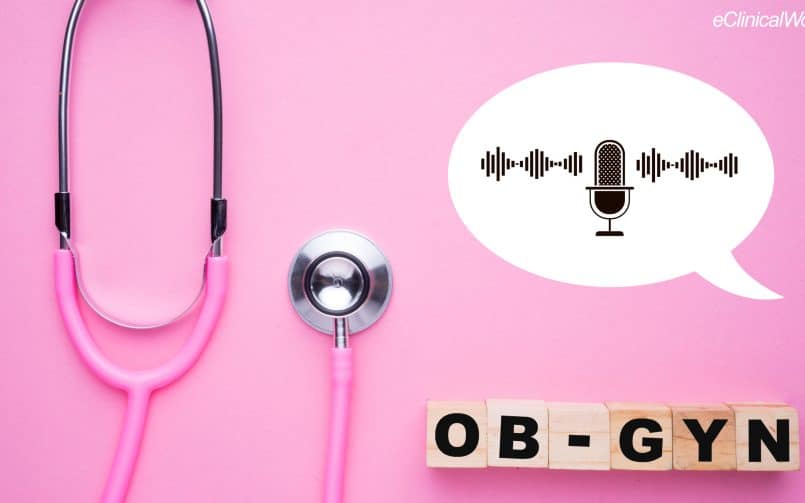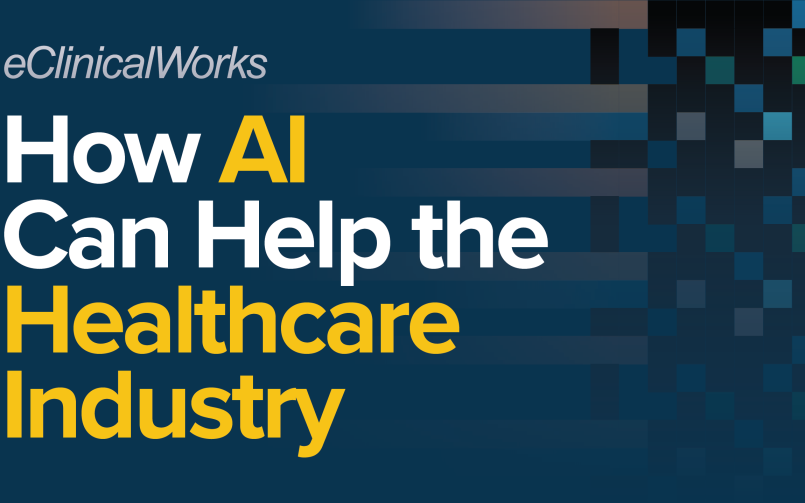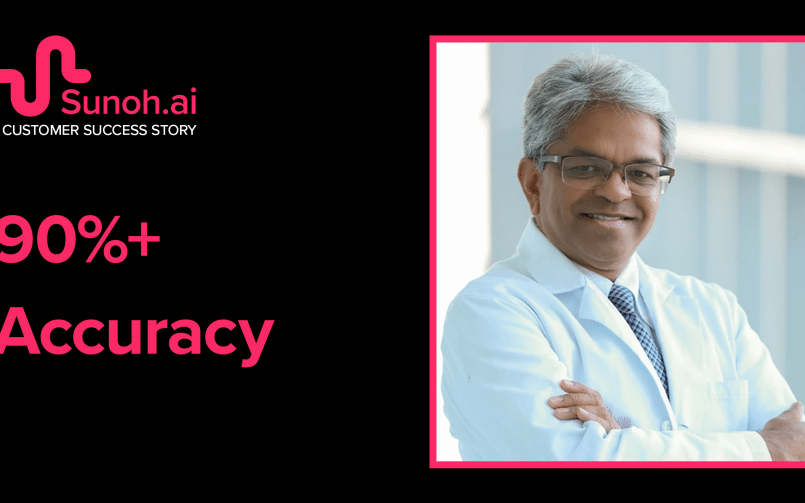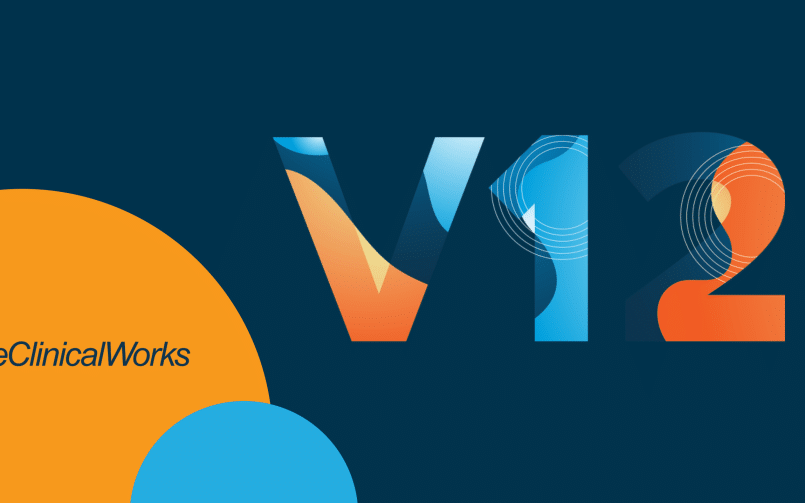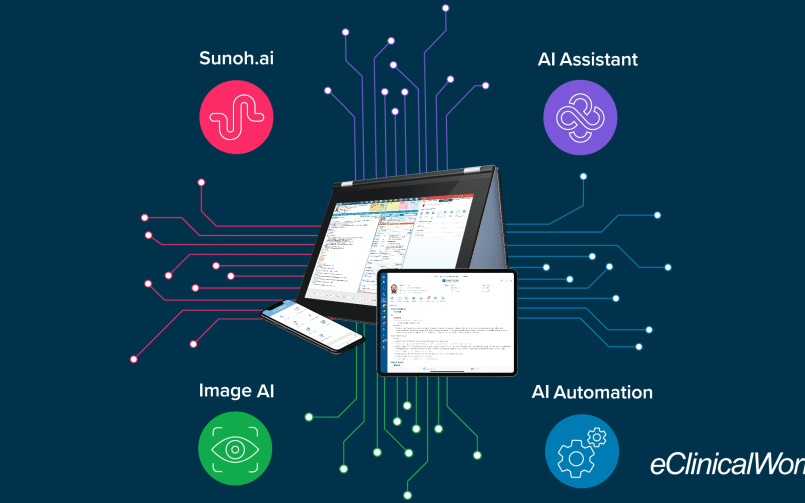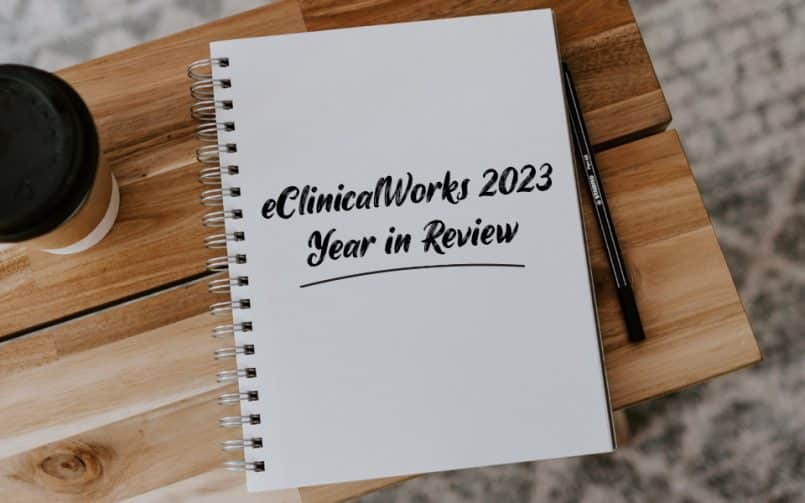Dental Practices Keep Brushing Up on Technology
- 6 June 2024
- Blog
eClinicalWorks
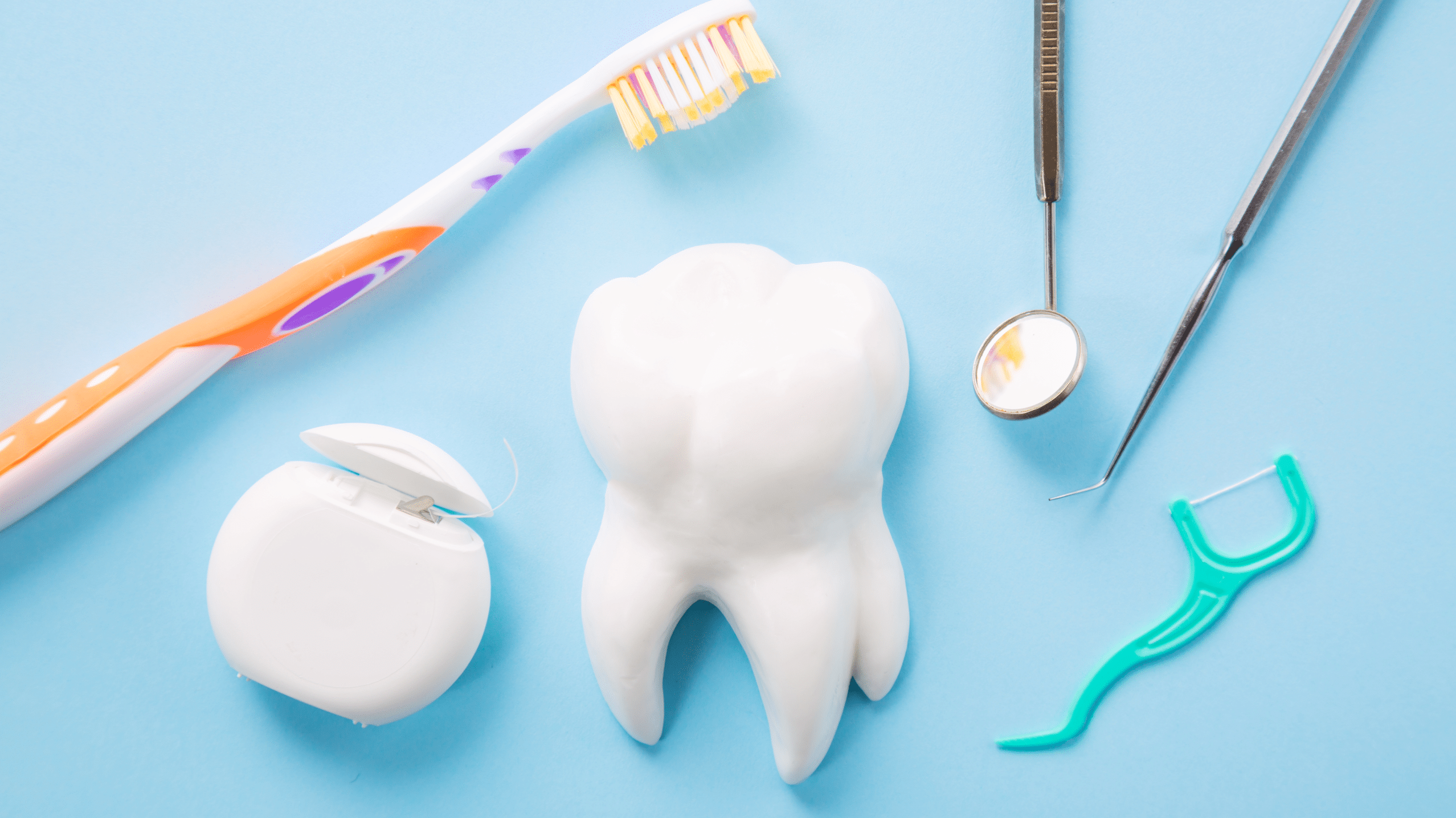
How Sunoh.ai medical scribe can advance care
Ask someone to list major medical advances, and they are likely to list such things as the eradication of polio, the development of new drugs, the mapping of the human genome, or breakthroughs that are helping improve cancer survival rates.
It’s easy to forget about dental care. But good oral health, so often overlooked, remains a vital part of leading a full and healthy life.
The list of advances in dentistry is impressive, from the use of drugs to numb pain to more precise and less invasive ways to detect and treat dental decay. Digital radiography has reduced patients’ exposure to X-rays. Silver amalgams have largely been replaced with safer, natural-looking materials.
But there’s another way that today’s dental providers can improve their practices and better serve patients—by adopting an AI medical scribe known as Sunoh.ai.
eClinicalWorks recently announced that it is integrating Sunoh.ai into dental clinics across the country.
Why practices seek to expand services
The growth and success of a dental practice depends first and foremost upon providing excellent care, but practices also seek ways to reach out to the many Americans who lack regular dental care or are reluctant to go to the dentist.
A recent report from forbes.com finds that in any given year, about 35 percent of Americans do not see a dentist and that a quarter of Americans ages 20-64 have at least one untreated cavity.
Retaining patients is important, of course, and data from oralhealthgroup.org shows that new patients can provide twice the value of an existing patient.
How Sunoh medical scribe can help
Beyond X-rays, a visual exam, and the cleaning itself, periodontal charting is among the most important services any dental practice can offer. Measuring the condition of the patient’s gums allows providers to record important oral health factors such as bleeding, plaque, calculus points, and probing depth.
Traditionally, that process involves a dental provider who measures the gums while a human assistant records observations, including the depths of any recession around the gums.
By leveraging AI, Sunoh.ai for dental makes clinical documentation swift, efficient, and hands-free. Sunoh can take the place of that human assistant during periodontal charting, freeing up staff to serve other patients and making for a more efficient patient visit.
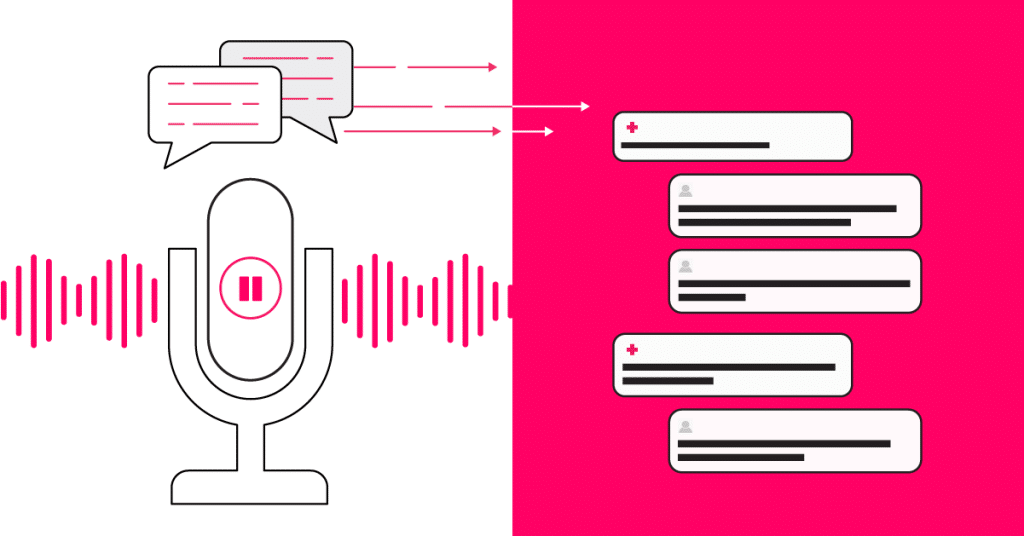
How a medical AI scribe helps a Nevada FQHC
That has been the case at Community Health Alliance, a Nevada-based federally qualified health center (FQHC) that is participating in an early adopter program for Sunoh.ai AI medical scribe.
“Previously, a dental assistant would sit with a hygienist while doing periodontal charting to enter that information in manually,” said Dr. Lisa Collier, DDS and chief dental officer at Community Health Alliance. “Alternatively, without the dental assistant, the hygienist would document all the periocharts onto a piece of paper and then transfer that information into the system, which is very cumbersome. Ensuring we always have a dental assistant available for charting poses substantial staffing issues. We’re thrilled to use Sunoh.ai because it accelerates periochart documentation and captures detailed information. Now, we’re able to go through the exam with voice commands, which frees up our dental assistants to complete other important tasks.”
Easing patient fears with better technology and faster visits
A March 2024 Forbes Health survey found that 38 percent of Americans are at least “somewhat” reluctant to visit the dentist.
That reluctance stems from a variety of factors, including a lack of dental insurance, concerns over cost, and fears of long and painful treatments.
But dentistry has changed dramatically from the days of spending many uncomfortable hours in a chair. From fluorescence detectors to more accurately detect decay to bioactive restorations that discourage bacterial activity, today’s dentistry offers a comfortable and safe patient experience and better outcomes.
Now, thanks to Sunoh AI medical scribe, it can also mean a faster visit.
For patients, that combination of quality, comfortable and speed means they are more likely to seek care on a regular basis. For practices, it means just one more way that technology is helping them extend dental services to more patients in need, seizing another opportunity to improve the health of their communities.
Click here to learn more about the AI-powered clinical documentation capabilities of Sunoh.ai.




